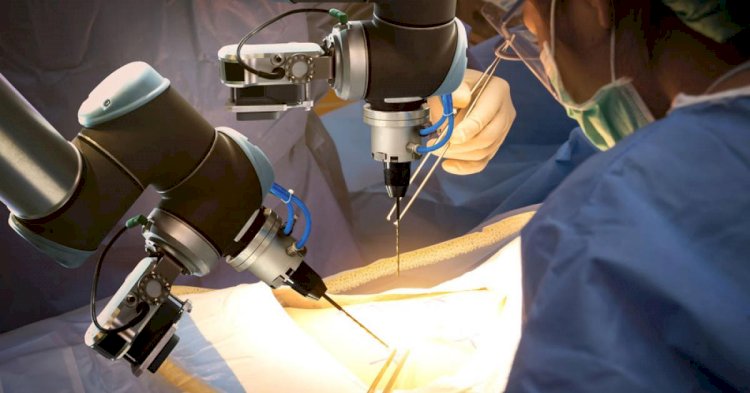New software helps prioritize medical treatments, and more effectively treat patients
New software helps prioritize medical treatments, and more effectively treat patients

Despite of the tremendous burden COVID-19 incurred by hospitals, many patients had to wait for lifesaving operations, such as organ transplants. Now computer science seniors from UTSA-(The University of Texas at San Antonio) have set up a software program that helps physicians prioritize medical treatments and treat patients more efficiently. The software, called ESCal, can plan nearly three months of surgery in a few minutes by simply operating within the current framework of a hospital.
The team has delivered a computer system that enables a surgeon to download in less than five minutes a list of surgeries scheduled for the next two months. That is a big measure of time-saving. As employers relax constraints, many patients are willing to reschedule postponed elective operations.
As of May 1 2020, some elective surgeries had been resumed by about 20 states around the country, with only a few more preparing to do so later that month. Hospitals are likely to face looming bottlenecks and patients requiring procedures such as tumor removal will endure long waiting.
The UTSA students have been able to develop the software system in less than six weeks, which helps Amita Shah to get a list of cases. The system relies on information about surgery, such as date of operation, urgency, procedure permission, patient preparation, cancelations, or other requirements. The recovered data is then recorded on a tablesheet giving priority to current or upcoming weekly procedures.
The system also follows the stringent security requirements of the hospital and integrates smoothly with its safety infrastructure. When doctors spend more face-to - face time with patients — and less time dealing with their machines, this helps patients to get faster treatment. The new program has already been implemented since 4 May 2020 and 50 surgeries have been rescheduled. This system is planned for the entire service department, which usually has 250 to 300 operations scheduled daily.
In addition to passing academic expertise to address major problems, these ventures provide students with immense real-world experience as well as substantial value for their summaries. Meanwhile, Shah is embarking on other UT Health operations departments to implement the software. Jaime Messinger, Andrew Noe, Sam Carey and Tyler Mitchell are the students who worked on this software program.






























